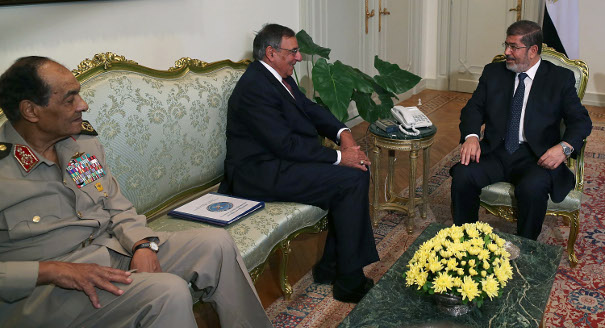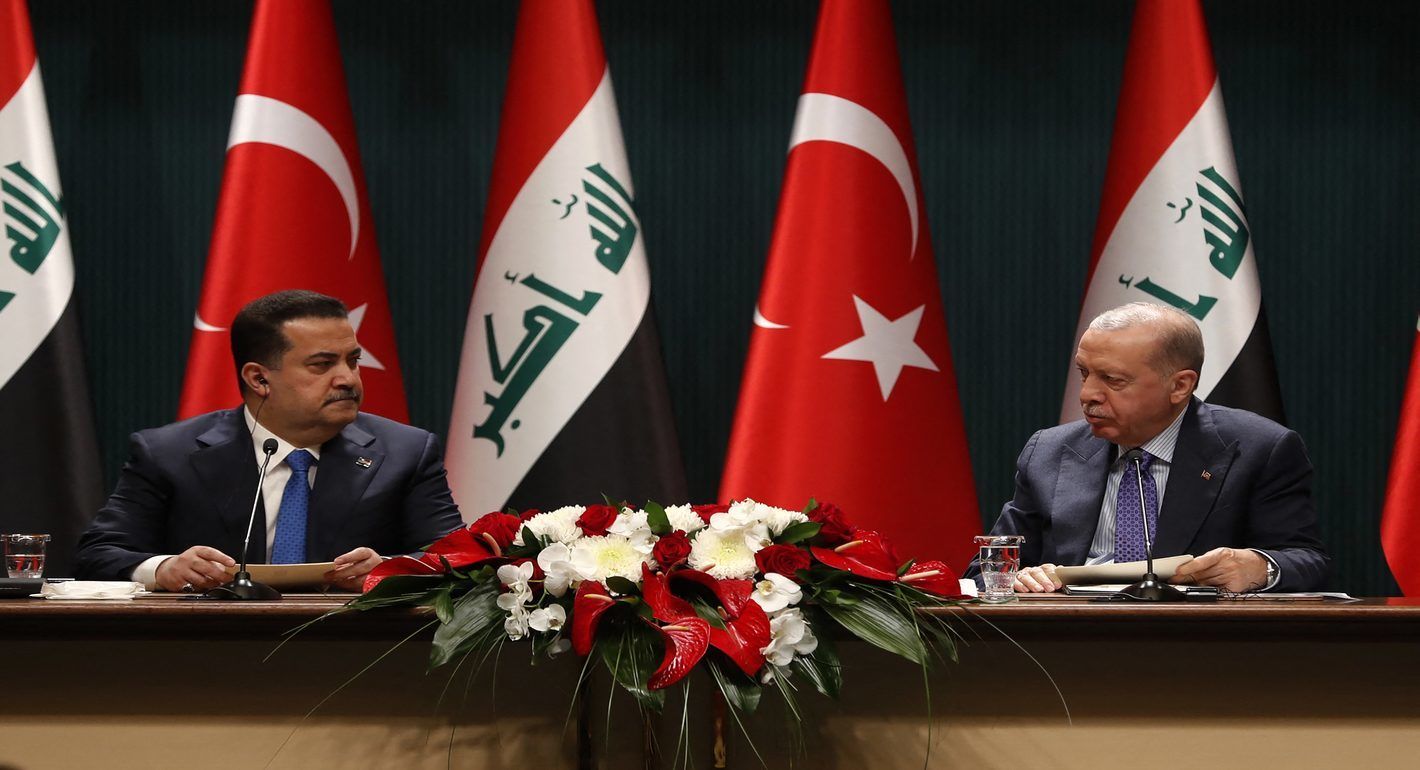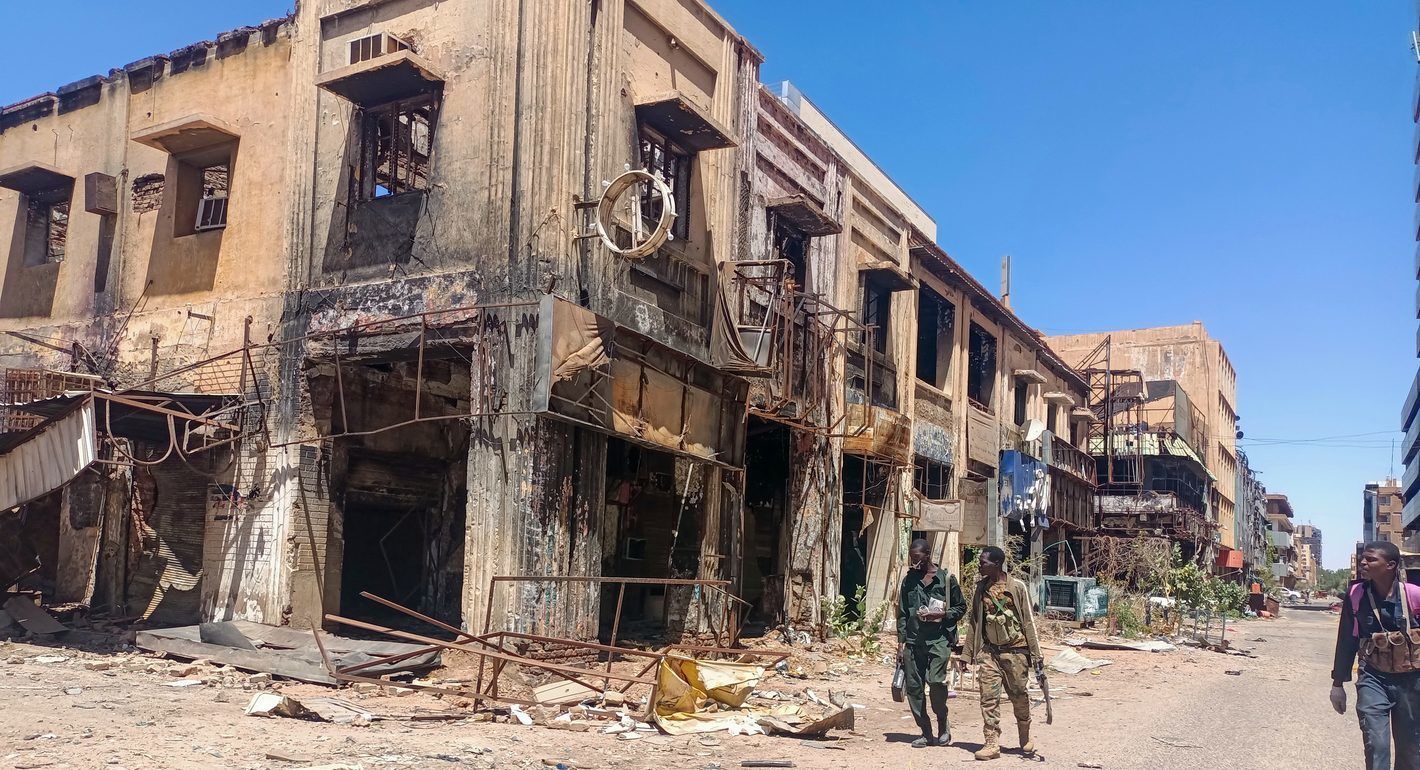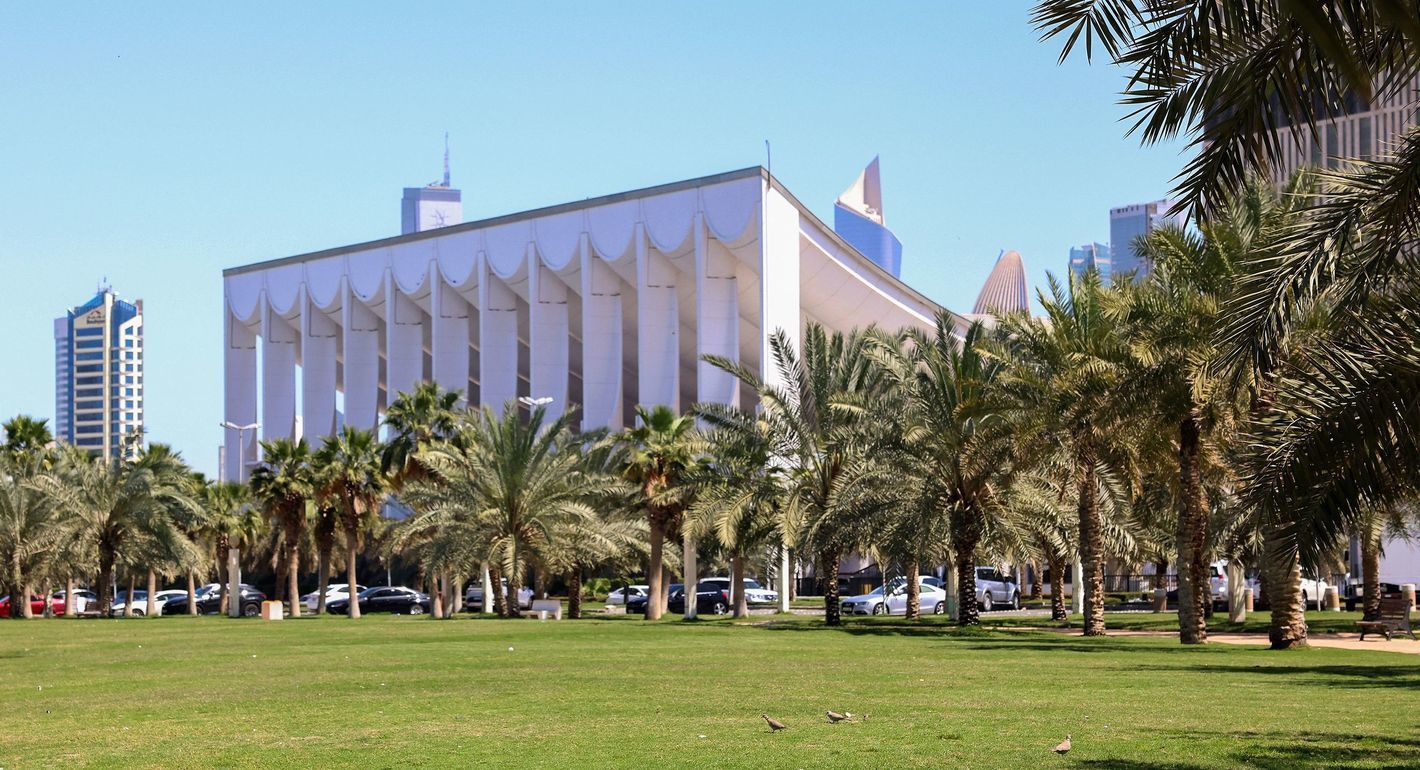On September 28, the Obama administration notified Congress that it would release $450 million in budget support funds to Egypt. The funds were part of $1 billion in debt relief for Egypt that the president announced in May 2011. The funds are not actually new foreign assistance or taxpayers’ dollars, but rather reallocations from regularly scheduled debt payments that Egypt already makes; instead of depositing them to the U.S. treasury, the funds are being allotted to support Egypt’s economy in this time of transition.
Debt forgiveness is one of several creative responses that the administration has utilized in last two years; the United States used almost $800 million in (mostly) already allocated funds to support civil society groups, elections administration, the formation of political parties, and direct budget support to the emerging governments in Tunisia, Egypt, and Libya. But while a plan for how the entire $1 billion in debt forgiveness has not yet been finalized, the $450 million is meant to signal U.S. confidence and pave the way for Egypt’s agreement with International Monetary Fund (IMF) for a loan—negotiations which have been ongoing since March. Egypt will need to outline a plan to decrease its budget deficit in order to secure the IMF’s $4.8 billion loan, and the Obama administration has pledged to disperse another $260 million when the agreement is finalized before the end of the year.
But the plan to allocate $450 million of the $1 billion in debt forgiveness to support Egypt’s budget has not been welcomed in all quarters, with some balking at the idea of funding the country’s new Muslim Brotherhood-led government. Representative Kay Granger, who heads the House Appropriations Subcommittee on Foreign Assistance, pledged immediately that she would prevent the fund’s release; two days later, Representatives Ileana Ros-Lehtinen and Jim Jordan demanded to know whether the Obama administration meant to support the Muslim Brotherhood’s rise to power in Egypt, saying: “It is critical that these extremist groups [the Muslim Brotherhood] are not permitted to hijack the transition process and impose a new kind of totalitarianism in Egypt; if they do, the United States should not be funding them.” In response, the State Department has dispatched its own officials to Congress to assert the importance of aiding Egypt’s transition.
In examining U.S. assistance to Egypt, the United States will need to confront some uncomfortable truths about the militarization and inflexibility of American foreign policy in Egypt. To see U.S. foreign aid as a faucet that should turn on and off when the Egyptian government steps out of line with U.S. policy is fundamentally incorrect both in terms of how aid works—particularly in the current world economy—but also in terms of its understanding of the nature of the U.S.-Egypt relationship. There are significant institutional contacts between the two governments that are important to maintain for both parties. But considering the language of celebrated “joint accomplishments,” mutual interests, and studied agreement that is often employed, the U.S.-Egyptian partnership has delivered remarkable mediocrity and should be reevaluated.
Since Egypt signed the treaty with Israel in 1979, it has become the second largest recipient of foreign assistance from the United States after Israel. Economic support funds (ESF) were initially poured into large-scale infrastructure projects, and later into ventures in health, education, judiciary training, and democratization. As Egypt’s economy grew, however, both sides wanted to redefine the arrangement and focus on trade rather than assistance, leading to a decrease from $800 million a year in 1999 to $250 million per year in 2009 as a result of an agreement. To this end, the Bush administration began an initial exploration of a potential free-trade agreement in 2003.
Despite this legacy of intergovernmental cooperation that has stretched over three decades, there is a palpable acrimony between the two governments. The Egyptian government—under Mubarak and presently—historically has chafed at the United States’ constraints on aid—particularly its direct funding of civil society organizations. In 2003, the Middle East Partnership Initiative (MEPI) was created to give support directly to local civil society groups across the Middle East and North Africa. In Egypt, the Ministry of International Cooperation (most recently led by Fayza Abul Naga, who advocated for the arrest of foreign and Egyptian NGO employees this past April) took great offense at any funding going to groups in Egypt without governmental knowledge and consent. Former President Mubarak himself rebuffed calls for greater political competition during the 2005 presidential elections, and imprisoned Ayman Nour, the first candidate to contest a presidential election. As a result, the United States ended its nascent discussion of a U.S.-Egyptian free trade agreement. Since Mubarak’s ouster, Congress placed similar constraints or restrictions on military aid by making the delivery of funds contingent on Egypt’s Supreme Council of Armed forces handing over power to civilian rule.
In short, while both sides professed to agree on the desirability of moving away from foreign assistance toward increased U.S.-Egypt trade, there has been little tangible movement to reform the mechanisms of U.S. economic assistance. The cause is in part, that the Egyptian government feels that constraints put on aid are redundant; Egypt feels that its obligation is to uphold the peace treaty with Israel and maintain the privileges that it affords the American military—most importantly, prioritized U.S. access to the Suez Canal and flyover rights. It is unlikely that the American military would want these put on the bargaining table for review. Conversely, Egypt uses its military aid to purchase equipment, support, and training from American companies—benefitting weapons manufacturers across the United States
In the administration’s proposed budget for fiscal year 2013, it requested $770 million for a new program, the Middle East and North Africa Incentive Fund. The fund invites regional governments to apply for funding to support reforms in three areas: political participation and independent civil society, security and justice reforms, and the promotion of regional trade. This kind of incentive funding is unprecedented, and is supposed to award proposals from regional governments based on the applying government’s commitment to reform, the likelihood of implementation, and the strategic interests of the United States. Instead of allocating money to each country (as in bilateral aid), theoretically this multi-country fund will reward the most serious reformers in the region and shame the recalcitrant.
There are a couple of catches, however. Congress has to approve the incentive fund, and presently, the House of Representatives has allocated nothing to fund it; on the other hand, the Senate’s version of the budget awards the incentive fund $1 billion—much more than what the president requested. There is also the question of whether the fund will actually function as an incentive, especially as the older bilateral assistance agreements are still in place. In order to be effective, the State Department will need to actually reward reformers—not just the governments that are strategically important. If Congress’ previous attempts to constrain aid are any indication, the provision that allows strategic interests to determine allocation may only reinforce the status quo rather than incentivizing reform. And while it seems reasonable to assume if the incumbent administration is reelected in November that Congress will fund his request, it is certainly not guaranteed.
The take away from all this should not be that the relationship is unchangeable or that it cannot be rescued. U.S. aid to Egypt requires a deeper re-examination, not only in mechanism but also in purpose. The first step, though, is to recognize that the United States with the Egyptian elite crafted 30 years of unequal policies, of institutionalized torture, of impunity for the wealthy, and of deep distrust between government and citizen. It is time for the U.S. to move away from focusing support largely on helping stabilize and back friendly regimes (as was the case with Mubarak regime and others across the region) and toward finding real mutual interests to pursue with the emerging governments.
Thalia Beaty is the Egypt and North Africa editor for Muftah.org.
* Corrections, November 26, 2012:
It has come to the attention of the editors that this article’s description of the planned U.S. budget support assistance to Egypt is based on an inaccurate statement and information. The editors would like to point the readers in the direction of the State Department’s correction statement and clarify that:
- Contrary to the article's assertion that "The [$450 million budget support aid recently notified to Congress] are not actually new foreign assistance or taxpayers’ dollars, but rather reallocations from regularly scheduled debt payments that Egypt already makes," these foreign assistance funds are, in fact, U.S. taxpayer dollars. This planned aid package includes both new bilateral funds as well as funds from prior years that had not yet been used, and the funds are not reallocations of Egypt's debt payments.
- The $260 million disbursement to Egypt referenced in the article is part of the planned $450 million assistance, not a separate aid disbursement.






